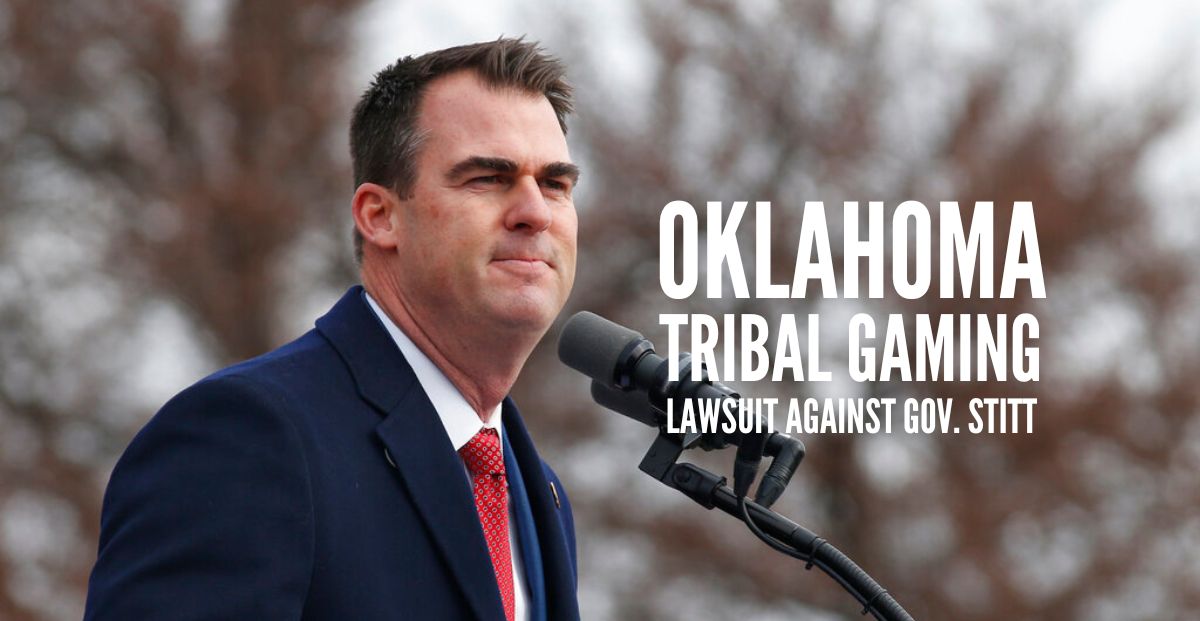Oklahoma Attorney General Joins Lawsuit Filed by Tribal Gaming Against Governor Stitt
In a recent development, the Oklahoma Attorney General, Mike Hunter, has joined a lawsuit filed by tribal gaming against Governor Kevin Stitt. This move comes as a response to the ongoing dispute between the state government and Native American tribes over gaming compacts.
The conflict between the state and tribal nations began when Governor Stitt announced his intention to renegotiate the existing gaming compacts. These compacts, which were established in 2004, allow tribes to operate casinos in Oklahoma in exchange for a share of their revenue. However, Governor Stitt argued that the compacts expired at the end of 2019 and needed to be renegotiated to ensure a fairer distribution of revenue.
The tribes, on the other hand, have maintained that the compacts automatically renewed for another 15 years. They argue that the language in the agreements clearly states that they will automatically renew if the state allows any other entity to operate electronic gaming in Oklahoma.
The disagreement escalated when Governor Stitt signed new gaming compacts with two tribes, the Kialegee Tribal Town and the United Keetoowah Band of Cherokee Indians. This move was met with strong opposition from other tribes and led to a legal battle.
Now, with the Oklahoma Attorney General joining the lawsuit filed by tribal gaming, it adds another layer of complexity to the ongoing dispute. The Attorney General’s involvement suggests that there are serious legal concerns regarding the governor’s actions and raises questions about the legality of the newly signed compacts.
The outcome of this lawsuit could have significant implications for both the state and tribal nations. If the court rules in favor of the tribes, it would solidify their position that the compacts automatically renewed and would invalidate the newly signed agreements. This would mean that the state would lose out on potential revenue from these two tribes.
Furthermore, a ruling in favor of the tribes could also impact other gaming compacts in Oklahoma. There are currently 35 federally recognized tribes in the state, and most of them operate casinos under the existing compacts. If the court determines that the compacts automatically renewed, it could set a precedent for all tribes, potentially leading to a loss of revenue for the state.
On the other hand, if the court rules in favor of Governor Stitt, it would provide him with a stronger position to renegotiate the gaming compacts. This could potentially lead to a fairer distribution of revenue between the state and tribal nations.
Overall, the involvement of the Oklahoma Attorney General in the lawsuit filed by tribal gaming against Governor Stitt adds another layer of complexity to an already contentious issue. The outcome of this legal battle will have far-reaching consequences for both the state and tribal nations, making it a case worth closely monitoring in the coming months.
